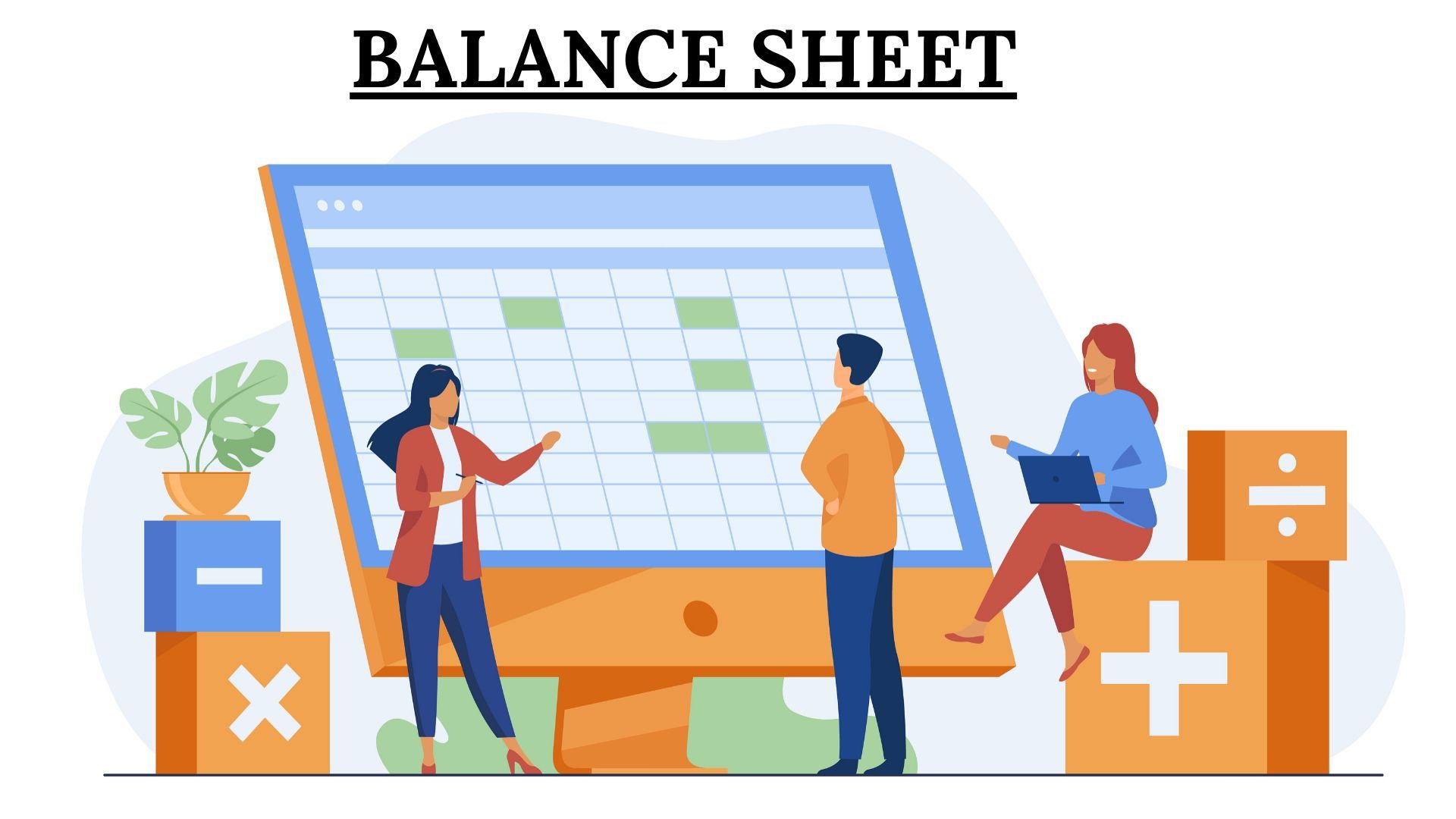
RBI Monetary Policy: Reserve Bank Of India (RBI) May Signal Covid-Era Stimulus Pullback: What To Expect
RBI May Signal Covid-Era Stimulus Pullback: What To Expect
All 30 economists surveyed by Bloomberg as of Wednesday expect the six-member Monetary Policy Committee to leave the repurchase rate at four per cent on Friday.
Reserve Bank of India is poised to leave its key interest rate unchanged for an eight straight meeting to support economic growth, while likely signaling readiness to unwind some pandemic-era stimulus to tackle inflation concerns.
All 30 economists surveyed by Bloomberg as of Wednesday expect the six-member Monetary Policy Committee to leave the repurchase rate at four per cent on Friday. The big takeaway from the Reserve Bank of India, however, is likely to be any move to balance the huge liquidity overhang in the banking system, including possibly trimming a government bond-buying program.
Governor Shaktikanta Das is scheduled to announce the MPC's decision through a webcast at 10 a.m. in Mumbai on Friday. Here's what else to watch for in his speech:
Normalization Path
With indicators signaling strength in India's economic recovery and a brewing energy crisis adding to inflation risks, investors will be watching for more signs of taper, given the record liquidity in the banking system -- estimated at over ₹ 9,00,000 crore.
Photo Credit: Bloomberg
Traders, for one, will be looking for cues on when the RBI intends to raise the reverse repo rate -- the level at which it absorbs cash from banks. That should help narrow the gap between the main repo and reverse repo rates, which according to Jayanth Varma -- the sole dissenting rate-setter in August -- will signal a gradual normalization path, while at the same time allow the MPC to keep the key rate at a record low four per cent for longer.
“Our expectation on sequencing of policy normalization in India is that it will begin with liquidity normalization, followed by narrowing of the corridor, and then actual rates liftoff,” said Sonal Varma, chief economist for India and Asia ex-Japan at Nomura Holdings Inc. in Singapore.
The central bank currently mops up liquidity through up to 14-day reverse repos and economists at Citigroup Inc. expect the RBI to increase the duration, which will allow absorption of excess funds for a longer period. Besides, Citi expects the RBI to slow government bond purchases -- its version of quantitative easing -- to ₹ 50,000 crore or lower in the current quarter from ₹ 1,20,000 crore in the July-September period.
The RBI could also prevent adding to liquidity by selling an equivalent amount of shorter papers when its buys bonds, analysts said.







